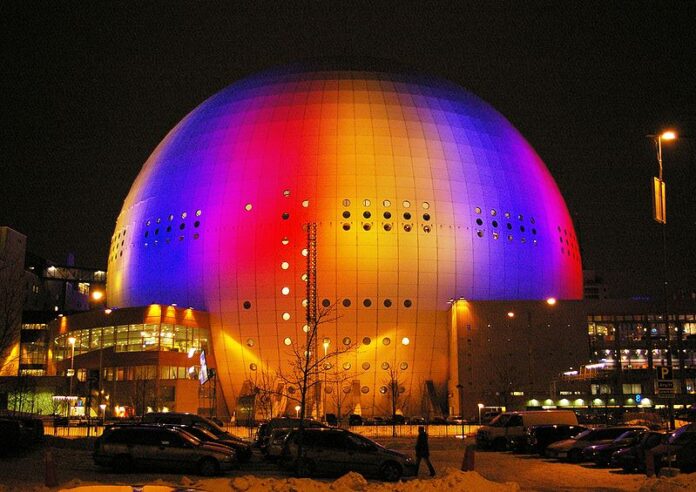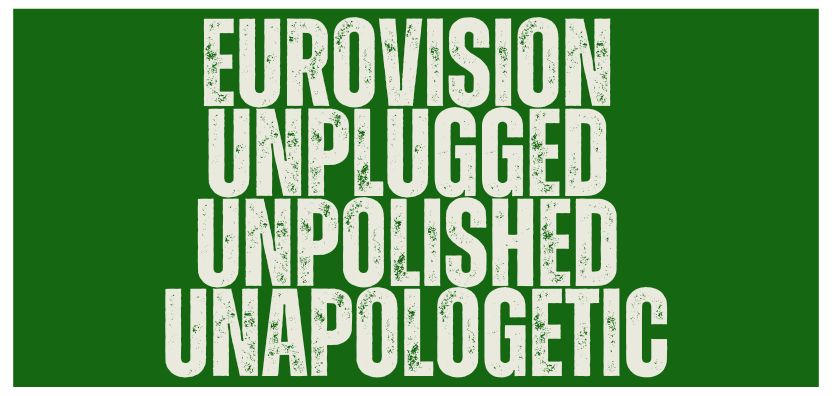
The last time we saw Jamala was in 2011, attempting to represent Ukraine with an annoyingly catchy ditty called Smile, which it was hard not to do whilst watching her perform it. Caught up in a voting scandal surrounding another competitor, Jamala withdrew from the competition protesting her song wouldn’t get a fair hearing. She’s hardly left controversy aside with her return.
Even if you’re not a fan of Eurovision you might have heard about the furore her song 1944 has provoked in the broadsheet reports on European politics, as it’s somewhat displeased the Russians. Her theme is one close to her heart: the deportation of Crimean Tatars to Central Asia in the 1940s at the hands of Stalin. Jamala’s own family were amongst those uprooted and her lyrics don’t shirk from recounting tales of brutality and murder. It’s cheery, then.
Musically it’s dramatic, in both English and Crimean Tatar, debuting another new language at the Contest, in a style we’re never really heard at Eurovision. Despite Russian protestations Jamala wasn’t deemed to have breached any political rules, telling instead a historical tale, but her point is pretty well made and her contempt barely disguised, although officially at least her take on the song is that it’s speaking to all peoples with a history of tragedy. I wasn’t convinced of this at first but it’s really grown on me as the season’s gone on, and as I write this alphabetically she’s had the benefit of a longer gestation period to win me over.
We know how good Ukraine can stage a number and I expect this to be visually stunning in its use of light and camera, with the potential for a great money shot at its effective crescendo. Jamala herself has the tendency to screech but she’s had ample time since the national final to contain both her vocal and her emotion, and this has become one of the ones we’re going to be keeping an eye on in early rehearsals. I expect a solid result.
My marks: 8 points





